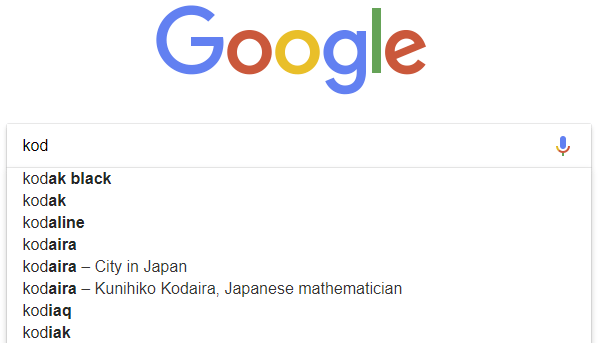Major Pirate Site Operators’ Sentences Increased on Appeal
vendredi 30 mars 2018 à 11:24 With The Pirate Bay the most famous pirate site in Swedish history still in full swing, a lesser known streaming platform started to gain traction more than half a decade ago.
With The Pirate Bay the most famous pirate site in Swedish history still in full swing, a lesser known streaming platform started to gain traction more than half a decade ago.
From humble beginnings, Swefilmer eventually grew to become Sweden’s most popular movie and TV show streaming site. At one stage it was credited alongside another streaming portal for serving up to 25% of all online video streaming in Sweden.
But in 2015, everything came crashing down. An operator of the site in his early twenties was raided by local police and arrested. An older Turkish man, who was accused of receiving donations from users and setting up Swefilmer’s deals with advertisers, was later arrested in Germany.
Their activities between November 2013 and June 2015 landed them an appearance before the Varberg District Court last January, where they were accused of making more than $1.5m in advertising revenue from copyright infringement.
The prosecutor described the site as being like “organized crime”. The then 26-year-old was described as the main player behind the site, with the then 23-year-old playing a much smaller role. The latter received an estimated $4,000 of the proceeds, the former was said to have pocketed more than $1.5m.
As expected, things didn’t go well. The older man, who was described as leading a luxury lifestyle, was convicted of 1,044 breaches of copyright law and serious money laundering offenses. He was sentenced to three years in prison and ordered to forfeit 14,000,000 SEK (US$1.68m).
Due to his minimal role, the younger man was given probation and ordered to complete 120 hours of community service. Speaking with TorrentFreak at the time, the 23-year-old said he was relieved at the relatively light sentence but noted it may not be over yet.
Indeed, as is often the case with these complex copyright prosecutions, the matter found itself at the Court of Appeal of Western Sweden. On Wednesday its decision was handed down and it’s bad news for both men.
“The Court of Appeal, like the District Court, judges the men for breach of copyright law,” the Court said in a statement.
“They are judged to have made more than 1,400 copyrighted films available through the Swefilmer streaming service, without obtaining permission from copyright holders. One of the men is also convicted of gross money laundering because he received revenues from the criminal activity.”
In respect of the now 27-year-old, the Court decided to hand down a much more severe sentence, extending the term of imprisonment from three to four years.
There was some better news in respect of the amount he has to forfeit to the state, however. The District Court set this amount at 14,000,000 SEK (US$1.68m) but the Court of Appeal reduced it to ‘just’ 4,000,000 SEK (US$482,280).
The younger man’s conditional sentence was upheld but community service was replaced with a fine of 10,000 SEK (US$1,200). Also, along with his accomplice, he must now pay significant damages to a Norwegian plaintiff in the case.
“Both men will jointly pay damages of NOK 2.2 million (US$283,000) together with interest to Nordisk Film A / S for copyright infringement in one of the films posted on the website,” the Court writes in its decision.
But even now, the matter may not be closed. Ansgar Firsching, the older man’s lawyer, told SVT that the case could go all the way to the Supreme Court.
“I have informed my client about the content of the judgment and it is highly likely that he will turn to the Supreme Court,” Firsching said.
It appears that the 27-year-old will argue that at the time of the alleged offenses, merely linking to copyrighted content was not a criminal offense but whether this approach will succeed is seriously up for debate.
While linking was previously considered by some to sit in a legal gray area, the District Court drew heavily on the GS Media ruling handed down by the European Court of Justice in September 2016.
In that case, the EU Court found that those who post links to content they do not know is infringing in a non-commercial environment usually don’t commit infringement. The Swefilmer case doesn’t immediately appear to fit either of those parameters.
Source: TF, for the latest info on copyright, file-sharing, torrent sites and more. We also have VPN reviews, discounts, offers and coupons.


 In recent years the UK Government has been very proactive when it comes to intellectual property enforcement, supporting a broad range of anti-piracy initiatives.
In recent years the UK Government has been very proactive when it comes to intellectual property enforcement, supporting a broad range of anti-piracy initiatives. 

 In recent years entertainment industry groups have repeatedly urged Google to ramp up its anti-piracy efforts.
In recent years entertainment industry groups have repeatedly urged Google to ramp up its anti-piracy efforts.
